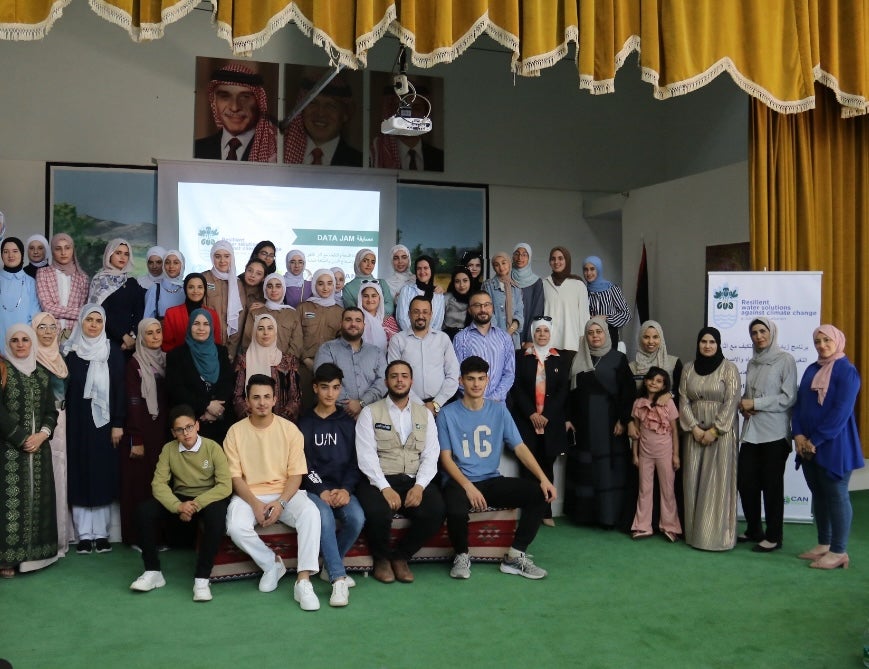
Since 2013, the University of Pittsburgh has played a large part in the development and expansion of the DataJam, a nonprofit that was formed in partnership with Carnegie Mellon University, the joint Pitt-CMU Supercomputer Center, Oracle, IBM, Teradata, and Iqvia, to mentor students in the middle school, high school, and community college levels about big data science and statistics. The use of statistics and big data grows across fields every year, and now students are becoming educated in visualizing and analyzing data sets.
“We teach [Pitt students] how to be an effective DataJam mentor. We teach them how to teach basic statistics to others, but that also involves thinking about different kinds of audiences and how to work equitably with lots of populations,” said Judy Cameron, professor of psychiatry at Pitt and executive director of the DataJam.
The DataJam program continues to expand to new regions both across the country and the world, with their DataJam projects in Jordan being one of the first international instances.
With the help of fellowships from Frederick Honors College, students participating in DataJam are able to help the program to expand across the globe and teach students in other countries about big data. Sarah Sirakos, a senior majoring in statistics who won a Community Research Fellowship from FHC, created two dataset guides here in Pittsburgh on how climate change affects that region for the students in Jordan to work from. Her goal was to create guides that yielded useful results and could be used in future DataJam projects.
The first dataset guide, Asking Questions about Climate Change in Jordan, discusses data important to how their climate has changed over the past several years. Their research questions include greenhouse gas emissions data, changes in lake and river environments, and rainfall levels in different Jordan governorates.
“Every single team used her guide. She wrote it in a month, and we got it immediately translated to Arabic and made available to the [18 teams] that participated in the DataJam,” said Cameron. “She got a second fellowship from the honors college that allowed her to write a more expansive data set guide.”
Sarah’s second dataset guide, Health and Climate Change in Jordan, details how climate change can affect the health of Jordanians. The guide helps researchers ask questions about health, find helpful health databases, and form analytical strategies. The second dataset guide builds on the findings the teams found utilizing Sarah’s first dataset guide.
Another Frederick Honors College student named Zac Lindquist was awarded a Community Research Fellowship, which helped him research and recruit new schools in New York to participate in the high school and community college DataJam programs. Zac also developed new materials to assist in recruiting teams to participate in DataJam from rural communities across the country for years to come.
“It was research in a different way,” said Cameron. “It was having conversations at different community colleges with deans and chairs of governments, and he also did a lot of interviews with students to see what they’re looking for.”
Since Sarah’s work for Jordan, the DataJam program has been in contact with the United Nations and United Nations International Children's Emergency Fund (UNICEF) to continue expanding in Jordan. The Global Center on Climate Change, Water, Energy, Food, and Health Systems (GC3WEFH), funded by the US National Institutes of Health (NIH), exemplifies the groundbreaking interdisciplinary and international collaboration aimed at tackling the complex challenges of climate change. The DataJam has also been in discussion with other aid agencies to bring the program to their countries.
“We’ve been in conversations with several countries in Africa and with Poland, who has the Ukrainian refugee crisis,” said Cameron. “Very rapidly, we’ve had an increase in interest.”
